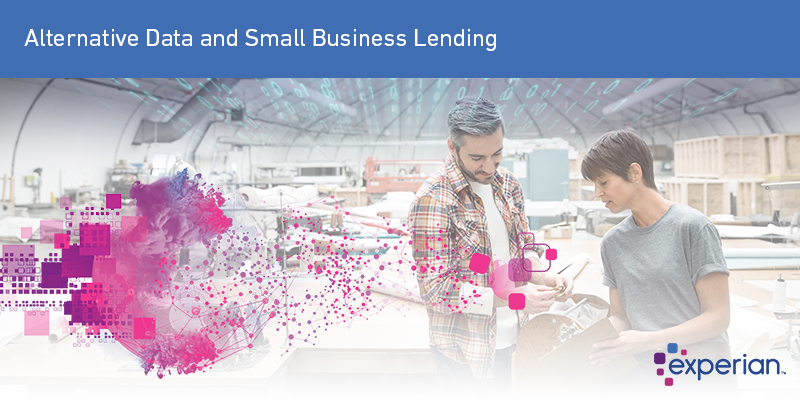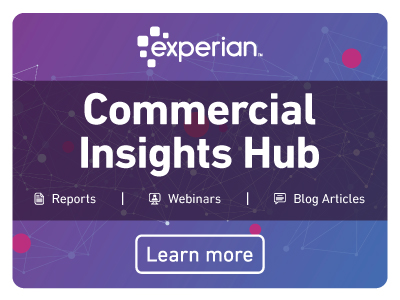
The Consumer Financial Protection Bureau (CFPB) is engaged in increasing its understanding of the opportunities and potential challenges associated with consumer permissioned account data. The agency launched a request for information on the topic in November 2016 and is currently analyzing information it received prior to the February 2017 comment deadline. In remarksat a field hearing in conjunction with the launch of the RFI, CFPB Director Cordray stated, that “access to digital financial records is critical. As with your student records or medical records, your financial records tell an important story about you. With health care, for example, if you can see your records, it is easier to participate.”
Demand for financial account data goes beyond consumer loans and its use in the small business credit-granting process has been increasing. Experian recently entered a partnership with Finicity to develop new tools that will make it easier for small businesses to apply for a loan and to accelerate loan underwriting. These tools are used for authentication, verification of income and assets, and cash flow analysis. These tools improve accuracy and reduce fraud risk for lenders, thereby broadening access to loans. Experian’s new Digital Verification Solutions leverage Finicity’s data aggregation and insight platform. Experian is the first credit bureau to implement this technology, which gives small businesses the opportunity to secure loans with less paperwork and hassle by connecting with financial institutions digitally.
While this information is currently limited in use for credit risk analyses for small business lending, Experian believes that user-permissioned account aggregation platforms will increasingly provide an opportunity to collect and analyze cash flow and recurring payment information relevant to lenders in making credit decisions. For example, user-permissioned data from a businesses’ bank account could demonstrate the entity’s payment history for utilities and telecommunications services, as well as for monthly rent.
With respect to the collection and use of data obtained through account data aggregation platforms, it is important that a borrower grant permission pursuant to clear statements about how the consumer’s information will be accessed and how the data will be used. Such statements should include whether the data will be shared with third-parties, and for what purposes.
It is vital for market participants — both financial institutions and account aggregators — to continue to work together to develop cooperative agreements that allow data to be accessed, analyzed and shared in an efficient and secure environment. Recently, several account aggregators have formed direct agreements with financial institutions and there is ongoing work to develop best practices and industry standards for secure consumer and business access to financial data. In the past, the CFPB has promoted this ecosystem.
As with other commercial credit data, financial account data can be used to make decisions throughout the credit lifecycle. This includes supporting pre-qualification when a business is prospecting for new customers; conducting credit risk analysis and verifications; managing portfolio risk; and if necessary, collecting on unpaid or overdue debts.
